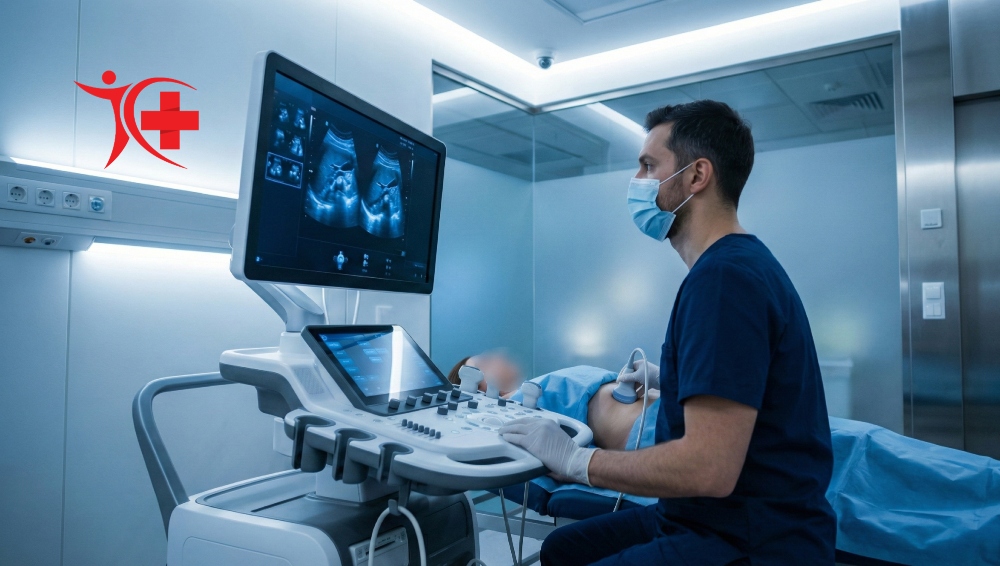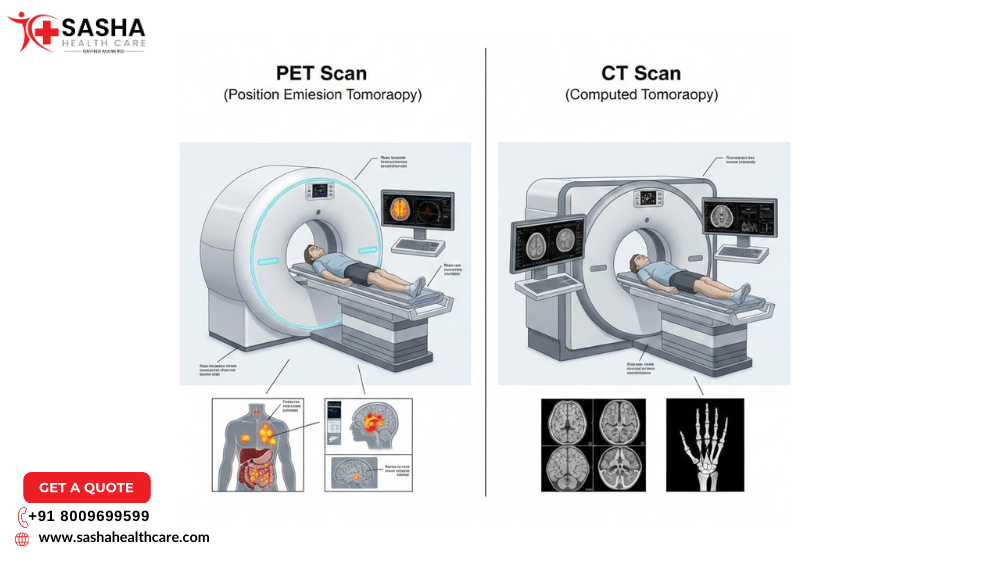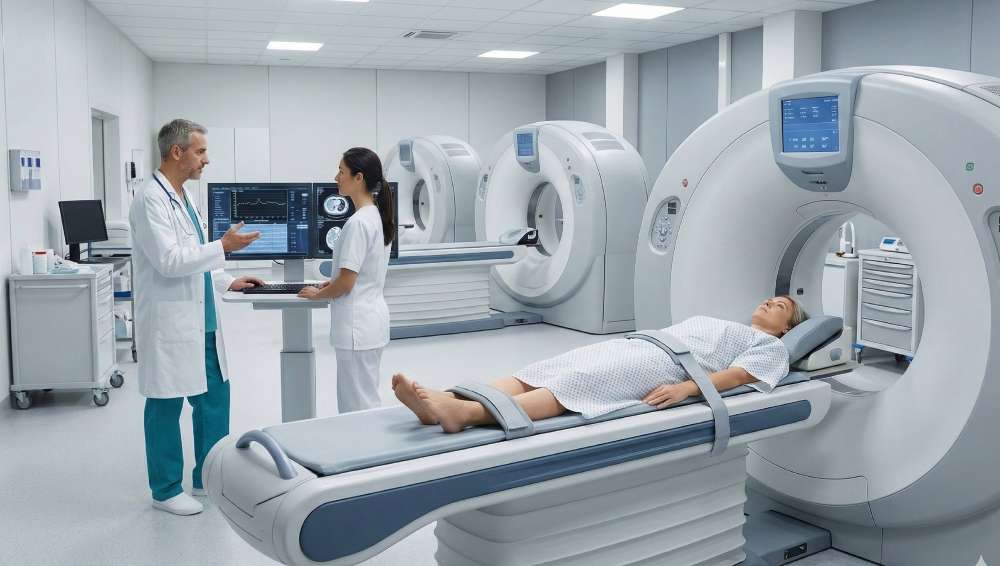X Ray Machine Price in India – Cost, Brands & Buying Guide
Medical imaging plays a critical role in modern diagnosis, and X-ray machines remain one of the most essential tools in healthcare facilities across India. From small clinics to large multispecialty hospitals, the demand for reliable and cost-effective X-ray systems continues to grow. Understanding pricing, technology options, and trusted suppliers helps medical professionals make informed decisions. This guide explains everything you need to know about a X Ray Machine Price in India, including cost factors, digital advancements, leading brands, and expert tips for small clinics.
Understanding the X Ray Machine Price Landscape in India
India offers a wide range of X-ray machines to suit different clinical requirements and budgets.
General X Ray Machine Price Range in India
- Analog X-ray machines: ₹3.5 lakhs to ₹7 lakhs
- Computed Radiography (CR) systems: ₹7 lakhs to ₹12 lakhs
- Digital Radiography (DR) systems: ₹12 lakhs to ₹35 lakhs
- Portable X-ray machines: ₹4 lakhs to ₹10 lakhs
The final cost depends on system features, image quality, detector type, and brand reputation.
Digital X Ray Machine Price:
Digital systems typically range between ₹12 lakhs and ₹35 lakhs, depending on:
- Flat panel detector quality
- Image processing software
- Workflow automation features
- Fixed or mobile configuration
Key Benefits of Digital X-Ray Systems
- Instant image acquisition
- Reduced radiation dose
- Easy image storage and sharing
- Higher diagnostic accuracy
- Lower long-term operating costs
Digital X-ray machines suit clinics that want efficiency, speed, and patient safety.
Best X Ray Machine Brands Available in India
Choosing a reliable brand ensures consistent performance, durability, and long-term support.
Top X Ray Machine Brands
- Siemens Healthineers
- Philips Healthcare
- GE Healthcare
- Fujifilm
- Allengers
- Carestream
- Agfa
These brands offer advanced imaging solutions suitable for hospitals, diagnostic centers, and small clinics.
How to Choose the Right X Ray Machine for a Small Clinic
Small clinics require a balance between affordability, performance, and ease of use. Selecting the right system improves patient throughput and diagnostic confidence.
Important Factors to Consider
- Patient volume: Choose a system that matches daily case load
- Available space: Compact or portable systems fit smaller clinics
- Budget planning: Consider long-term value, not just upfront cost
- Power requirements: Ensure compatibility with local electrical supply
- After-sales support: Reliable service reduces downtime
Recommended Options for Small Clinics
- Portable digital X-ray machines
- Entry-level DR systems
- Refurbished branded equipment with warranty
Smart selection helps clinics deliver quality diagnostics without financial strain.
Key Factors That Influence X Ray Machine Price in India
Several technical and commercial aspects determine pricing.
Major Cost Influencers
- Type of technology (Analog, CR, DR)
- Detector size and resolution
- Brand and country of manufacture
- Installation and shielding requirements
- Software features and upgrades
- Warranty and AMC coverage
Understanding these factors helps buyers negotiate better and plan investments wisely.
Why Choose Sasha Health Care for X Ray Machines
Sasha Health Care stands as a trusted medical equipment supplier in India, offering high-quality imaging solutions tailored to clinical needs.
Why Sasha Health Care
- Wide range of new and refurbished X-ray machines
- Partnerships with leading global brands
- Transparent pricing and expert consultation
- End-to-end support including installation
- Strong after-sales service and maintenance support
Sasha Health Care focuses on delivering value-driven solutions that empower healthcare providers with reliable diagnostic technology.
New vs Refurbished X Ray Machines: Making the Right Choice
Many Indian clinics choose refurbished machines to optimize costs without compromising quality.
Comparison at a Glance
- New Machines: Latest technology, higher cost, full warranty
- Refurbished Machines: Lower cost, tested performance, limited warranty
Certified refurbished systems from trusted suppliers offer excellent ROI for budget-conscious clinics.
Future Trends in X Ray Imaging in India
The Indian diagnostic market continues to evolve with advancements in imaging technology.
Emerging Trends
- AI-assisted image analysis
- Wireless flat panel detectors
- Mobile and portable imaging solutions
- Cloud-based image storage
- Low-dose radiation technology
These innovations will shape the future of diagnostic imaging across urban and rural India.
Final Thoughts
Investing in the right X-ray machine enhances diagnostic accuracy, patient care, and operational efficiency. Evaluating technology, brand reliability, and supplier credibility ensures long-term success. Whether you operate a small clinic or a growing hospital, understanding a X Ray Machine Price in India helps you make confident and informed decisions.
Frequently Asked Questions (FAQs)
Prices typically range from ₹3.5 lakhs for basic systems to ₹35 lakhs for advanced digital machines.
Yes. Entry-level digital systems offer fast imaging, lower radiation, and improved workflow for clinics.
Brands like Siemens, Philips, GE, and Allengers deliver reliable performance and strong service support.
Yes. Sasha Health Care offers complete installation, training, and after-sales service across India.
Yes. Certified refurbished machines perform reliably when sourced from trusted suppliers with proper testing.










